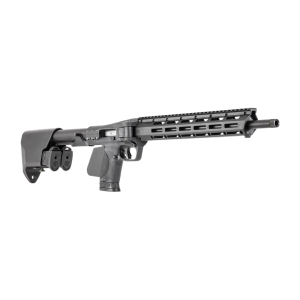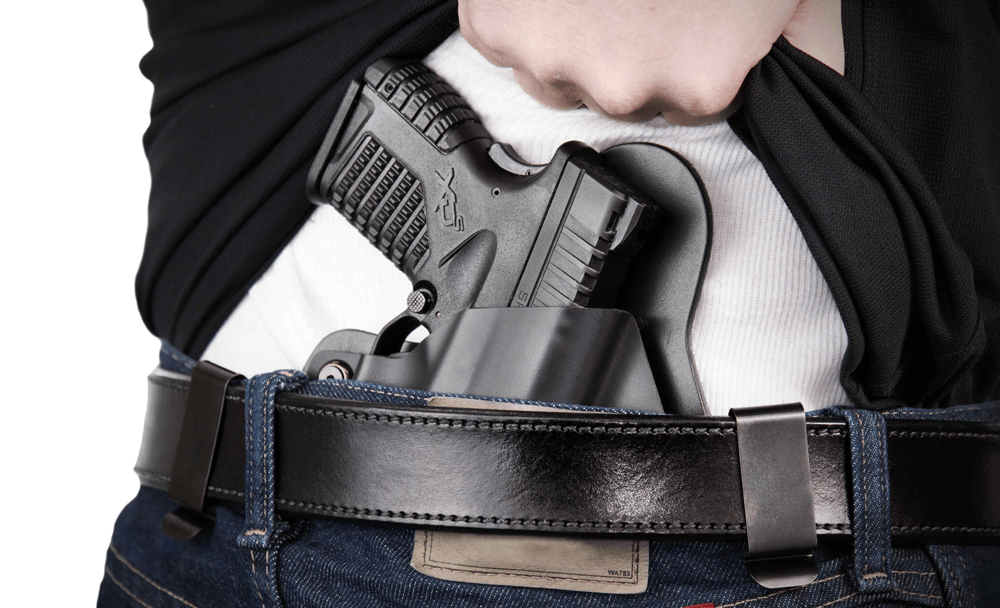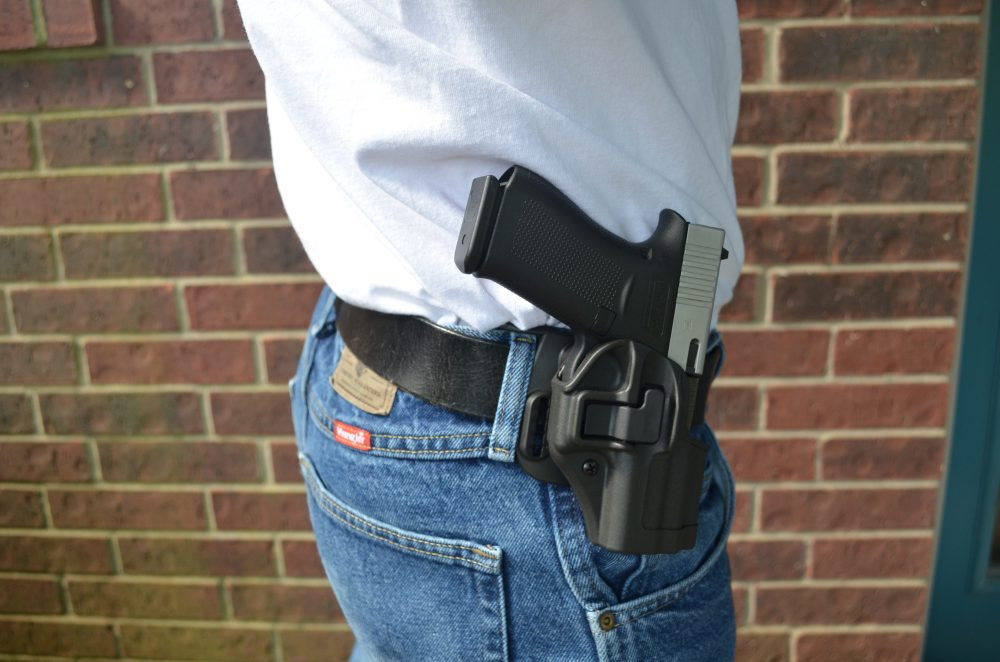
Caravani.GE
Smith & Weston M&P FPC CA COMPLIANT
Life and health are among the most valuable things a person possesses. Protecting and preserving them is ultimately a personal responsibility. Every individual takes care of their own well-being to the best of their ability — and in this process, any imposed restriction on another person’s means of protection is both unacceptable and immoral.
Imagine someone forbidding you to eat. While this might seem like a trivial comparison, it illustrates the absurdity of restricting a person’s right to defend themselves. Similarly, taking away someone’s means of self-defense during an attack could result in their death.
Now you may ask, “Isn’t food and a weapon totally different?” or “We need food daily, but we aren’t attacked daily, right?” — or even, “Can we really compare banning food and banning firearms in the same way?” These are fair questions. But consider this: consuming food doesn’t threaten others — and neither does legally carrying a firearm when done responsibly.
We must also acknowledge this moral truth: threatening the safety of others in the name of protecting yourself is just as wrong. Everyone has just one life, and it is equally valuable to each of us. The goal, then, is to find the right balance — where individuals can protect their own lives and health, without endangering others.
Just as a surgeon cannot operate on a patient without years of study, training, and rigorous testing, so too should the right to carry a firearm come with serious responsibilities. Anyone who wishes to carry a firearm legally must undergo thorough screening to determine whether they possess the necessary knowledge, responsibility, and skills to protect themselves and others with a weapon — particularly a short-barreled firearm.


The Gun Owners Association advocates for a strong culture of responsibility. This includes mandatory health screening, background checks, and both theoretical and practical exams for anyone seeking to carry a weapon with a license.
Anyone who wishes to carry a firearm legally must undergo thorough screening to determine whether they possess the necessary knowledge, responsibility, and skills to protect themselves and others with a weapon — particularly a short-barreled firearm.
Licensed carry refers to the legal right to carry a short-barreled firearm and its ammunition — on the body, in a bag, or in any other legally permitted form. This definition deliberately avoids specifying whether the carry is open or concealed, as both require the same level of safety and responsibility.
The health check ensures that the applicant is capable of understanding the nature and consequences of their actions and is able to exercise proper control over them.
Individuals with substance abuse issues — such as drug or alcohol addiction — will be disqualified from carrying a weapon. The same applies to those currently registered in methadone treatment programs, or those diagnosed with certain mental health conditions.
During the verification process, relevant databases must be checked to determine whether an applicant has a record of addiction or mental illness.
However, psychological evaluations should not be part of the health screening process, and here’s why:
The purpose of this check is to determine whether the applicant has a history of violent behavior. Only those with past violent criminal convictions should be barred from obtaining a permit. Non-violent or administrative offenses should not disqualify a person.
The standard for this should follow Article 27 of Georgia’s Law on Weapons.
The theoretical exam is meant to ensure that the applicant understands the laws and responsibilities of carrying a weapon. Topics should include:
The practical exam is designed to assess whether the applicant can safely and effectively use a weapon to defend themselves or others if necessary.
It should cover:
At Gun Owners Association we believe that a responsible, skilled, and educated gun owner is the foundation of a strong and safe society.